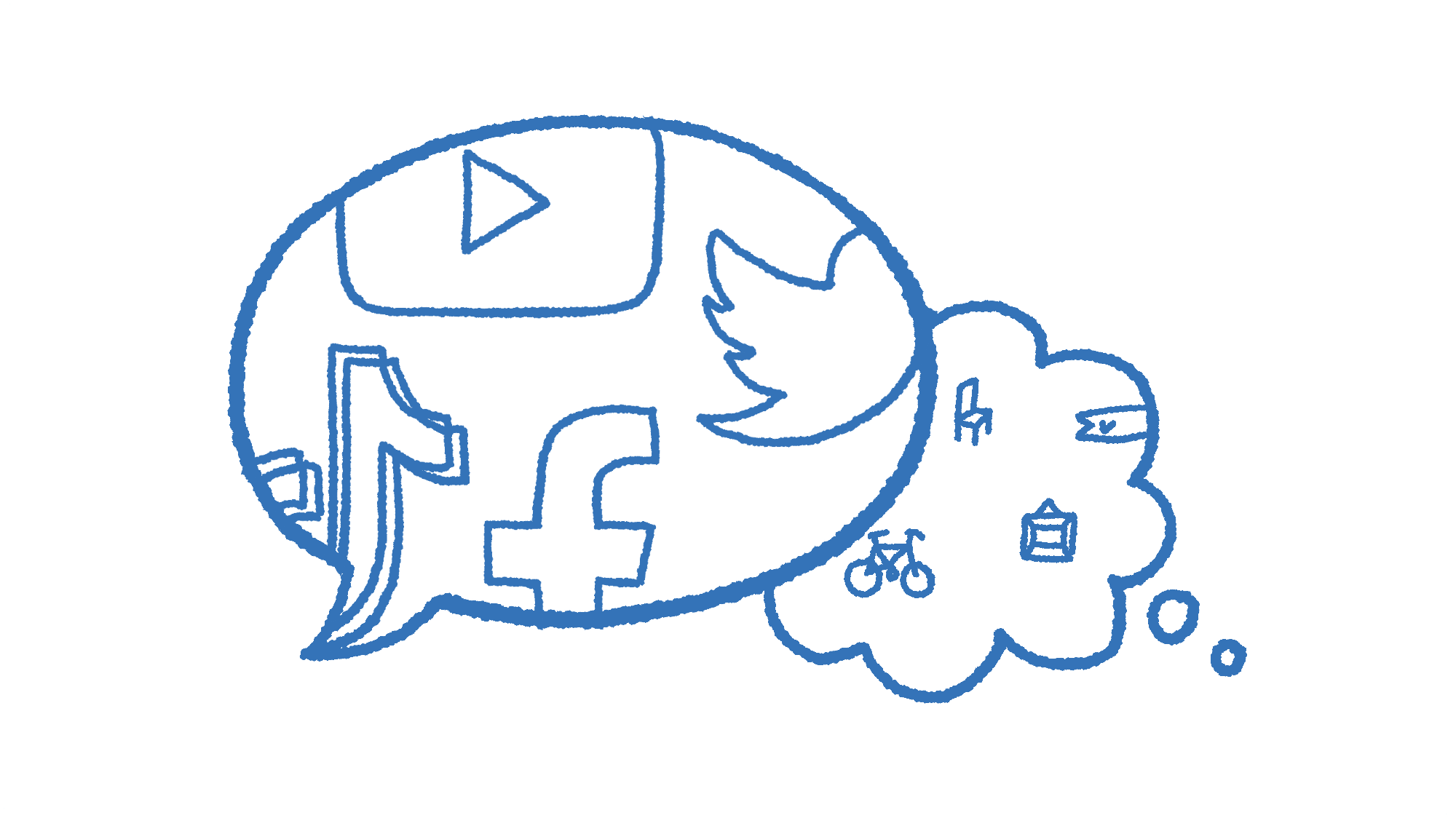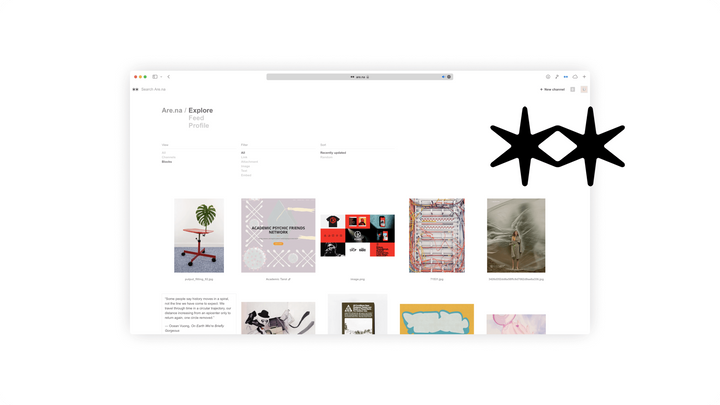The Meta-Creator Economy
When platforms cater better for brands than for people, it's easier to find success creating content about content creation.

Something that's hard not to notice on digital platforms right now is just how many meta-creators there are. Why is it that so many content creators end up creating about content creation? Those who write on the Internet about how to write on the Internet, those who create online courses about how to create an online course, blogs that are about blogging, Youtubers who make videos about youtubing, tweets that are about how to get Twitter followers, newsletters about how to start a newsletter. It's everywhere.
We talk about the passion economy, but are these people's passions really their mediums? Or has it just become the pursuit of fame? Because although shallow, this content does indeed perform very well. Audiences of aspiring creators gather very effectively at the altar of meta-creators. Instead of authenticity or uniqueness, their value proposition is aspiration.
Now there's probably a lot of reasons why this phenomenon emerged. As an example, Rachel Nguyen (who's —ironically enough— about to launch a course on video content creation) has expressed it as a sort of "flattening" of creativity on the Internet:
"Because the Internet moves so fast, you start to see people try and catch up with the things around them, therefore they're performing into what brands want to see, what audiences want to see. Because to operate from an internal, authentic source of 'what do I want to make?', it takes time. Making things where the recipe's already there is a much easier, faster line to success than it is to go down the line of uniqueness."
— Rachel Nguyen, i want to own my content
To add on to that, my theory is that this is a consequence of most mainstream platforms catering better for brands than for individual people. The goal of social media is to drive engagement and this meta-content acts a lot like ads. Aspirational, promoting visions of a dream life of passive income and productivity and creativity and freedom. In turn, creators end up "branding" themselves and devoting their creative practice to that track. Once they essentially become brands, audiences flock to them, and the platforms encourage and expose this high-performing content even more.
Eventually, this does, as Nguyen addressed, create a flattening of creativity. Instead of daring to go into the authentic and the unique, becoming a meta-creator is an easier path to success. So from an audience perspective, rather than niche spikes of interesting diversity and weirdness, what we get is a long flat stream of how-to videos. Instead of a long tail, we get the Twitter profile for 30 day atomic essay challenges performing better than any of their participants. It's taking creativity and branding it as a selling point rather than embodying it. Eventually, these meta-creators do indeed become small businesses of one and get to a point where they just need "stuff" to run ads on, so they keep the same ball of high performing content rolling.



